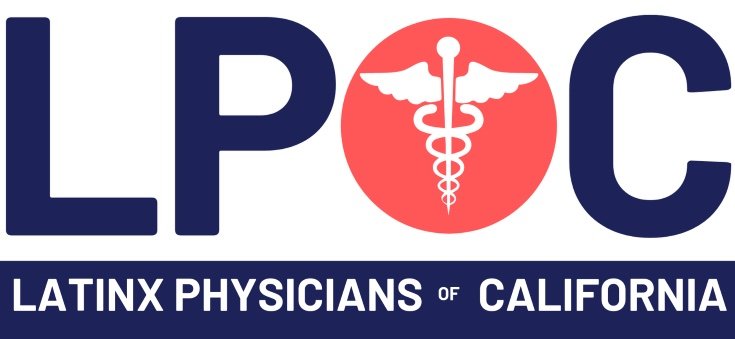Interview with Jose Sandoval, MD/PhD Student, UC San Diego
Jose's family is from Sinaloa, Mexico, and Jose was raised in Hayward, CA, along with his large extended family. Jose shared that he had a great childhood, and lived very close to his grandparents, aunts, uncles, and many cousins who he and his brother consider more like siblings. His academic journey started at a very young age at the advice of (and with the encouragement of) his parents, both of whom hoped to pursue higher education but were not afforded the opportunity. Like many Latino children, he helped translate letters, phone calls, and answer questions for his parents and family. Translating health-related information stimulated Jose’s interest in science and medicine.
Jose’s K-12 education experience accelerated when his parents, who work about 20 miles away in San Mateo, enrolled him at a private school near their workplace. He received a scholarship to attend the private high school, and he thrived. He excelled in AP Computer Science, Physics, and Biology classes.
When it came time to apply to college, he was accepted at UC Davis as a biology/physiology major. He shared that his AP classes prepared him extremely well, and that he had a seamless transition. So much so, that when his chemistry professor announced that he would invite the top 3 students to join his lab, Jose was one of those students. It was the first time he had been exposed to research.
He stayed with the lab for 1.5 years and had a paper on "Exploring the Mysterious Substances, X and Y: Challenging Students' Thinking on Acid-Base Chemistry and Chemical Equilibrium" published in the Journal of Chemical Education, volume 95, pages 601-604, in 2018.
As he progressed through his coursework at UC Davis, he was part of an honors biology program, and through this program he was able to work in Gino Cortopassi’s lab in the Department of Molecular Biosciences. It was at this time that Jose became exposed to UC Davis’ student-run Clinica Tepati. He loved it, and it inspired him to pursue a career in medicine that would allow for patient interaction and continued expression of rapidly developing research interests.
He applied to the UC system Prime programs, the standard UC system medical school track, and the MD PhD track. When he was accepted to UCSD, he decided to take the MD PhD path after his acceptance to UCSD. Jose is currently in his second year of the PhD track, and fourth year overall, a UCSD. He has completed the first two years of undergraduate medical education and will be completing his second year of graduate school in the coming months.
Now, he is scheduled to spend the next 2 years working on his PhD. After completing the PhD work, he will complete the 3rd and 4th year of medical school.
When I asked Jose if he saw himself leaning on the PhD or the MD aspect of his academic training, he quickly shared that he wants to be a clinician. He sees himself going into an internal medicine residency and specializing in either endocrinology or oncology. However, he does see himself in an academic setting, as he thrives on the "deliberation" in the academic world.
Project Summary:
Jose's efforts in Reuben Shaw's lab at the Salk Institute for Biological Sciences are focused on investigating mechanisms connecting cell metabolism to cell growth control. More specifically, he studies a highly conserved signal transduction pathway controlled by the AMP-activated protein kinase (AMPK) that, when deregulated, leads to cancer and metabolic disease. AMPK is a master regulator of cellular and organismal metabolism that acts as a sensor of cellular energy by altering metabolism when energy levels are low.
Previous work in the lab has identified a member of the AMPK signaling pathway that is critical for supporting tumorigenesis and Jose is actively working on uncovering how this key protein is carrying out this effect in the context of lung cancer. He leverages the lab's expertise and resources to use genetically engineered mouse models, next-generation sequencing, and a host of biochemical techniques to study how perturbation of this pathway impacts early lung cancer tumorigenesis and progression. He is excited by the clinical implications of his work and hopes that his efforts will help address fundamental relationships between multiple hallmarks of cancer.
He is grateful to be in a lab and institution that values mentorship and trainee development and is working towards a career that incorporates both his research and clinical interests.
